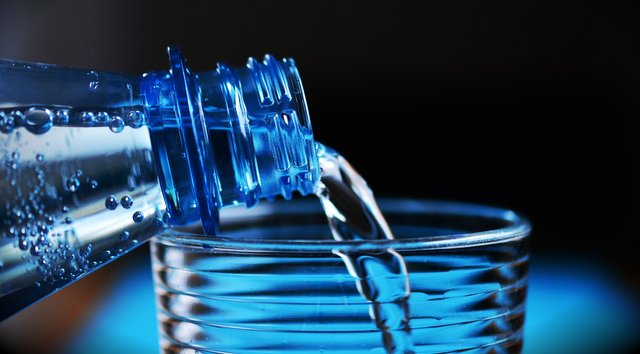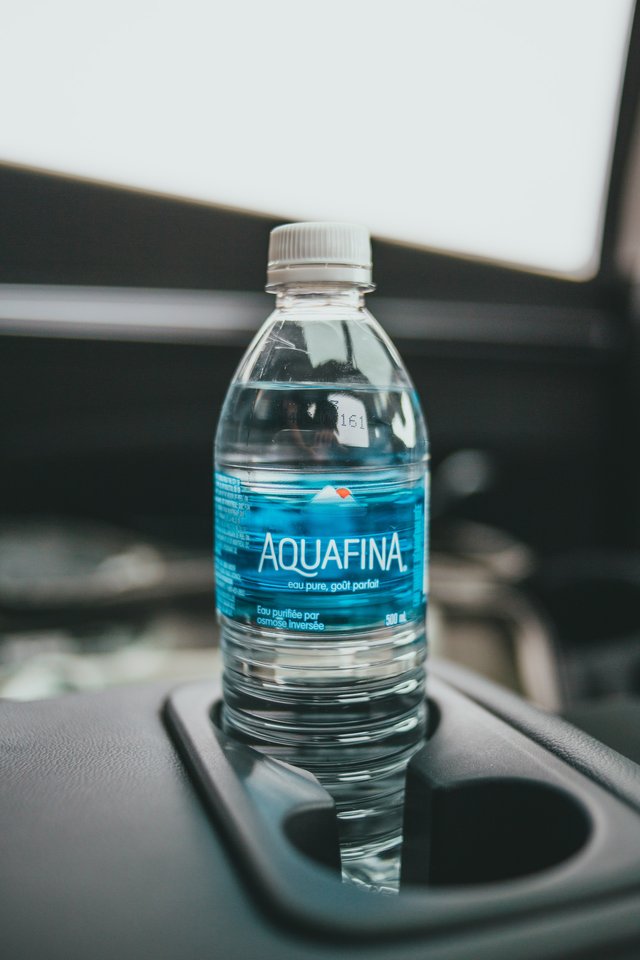What Advantages does Mineral water have for your Health by @steemhadiul
"Bismillahir Rahmanir Rohim"
What advantages does mineral water have for your health?
Underground reservoirs provide the mineral water. Unlike ordinary drinking water, mineral water does not go through any chemical processing. Blood pressure reduction, bone growth, and other advantages of mineral water have been suggested.
Water types: standard versus mineral
Water is a necessity for all living things. In addition to supporting critical bodily processes, water offers the body essential nutrients that it cannot manufacture independently.
How does mineral water stack up against ordinary water? According to the available data, the differences could be more substantial.
Both contain minerals and go through a processing step. The bottling process happens at the source. However, mineral water must contain some minerals.
The distinctions between mineral water and tap water are covered below.
Tapped water
Both surface- and underground-sourced water is used in domestic faucets. Public water providers move water from its source to treatment facilities, where it receives chemical sanitization. Underground pipelines finally transport the purified water to homes.
Calcium, magnesium, and potassium are other minerals in tap water. Some people perceive hard tap water as healthier due to its higher mineral content. However, hard water minerals' deposits can harm pipes or restrict flow.
Additionally, despite the best efforts of the public water providers, toxins from rusted or leaking pipes can contaminate drinking water.
Metallic water
Mineral water, which has a higher mineral content than tap water, is obtained from natural underground reservoirs and mineral springs.
Mineral water must have at least 250 parts per million of dissolved solids, according to the Food and Drug Administration (FDA). The FDA forbids these producers from putting minerals in their goods.
The following minerals are frequently found in mineral water:
i) calcium
ii) magnesium
iii) potassium
iv) sodium
v) bicarbonate
vi) iron
vii) zinc
Instead of tap water, mineral water is bottled right at the source. Due to the apparent purity and lack of chemical disinfection processes in mineral water, some individuals prefer it.
However, processing of mineral water is possible. This may entail adding or subtracting carbon dioxide (CO2) gas or removing poisonous chemicals like arsenic.
Mineral water benefits from CO2's ability to reduce bacterial growth and prevent oxidation. Carbonated water naturally obtains its CO2 from the source. Manufacturers can also add CO2 after extraction to their water.
Five advantages of consuming mineral water are covered in the sections below.
Mineral water in bottles is a widely used beverage. The essential, advantageous, and potentially harmful components are in variable concentrations in the spring's mineral waters. The highest mean element concentrations are seen explicitly in mineral waters with high total dissolved solids (TDSs) contents. Regarding the tolerated daily intake (TDI), consumers in Germany may consume Li and Mo in amounts that surpass the TDI values of 1800 and 630 g/day, respectively. As a result, it may be advised to drink mineral water. Consumers consume considerable amounts of U through mineral and potable water, although solid food consumption is significantly lower and exhibits a considerably smaller bandwidth. A severe danger to the quality of mineral water is the enrichment of U in water bodies caused by agricultural practices globally. This chapter provides an overview of the nutritional type of the human body's intake of As, B, Ca, Ce, Cu, F, La, Li, Mo, Ni, P, Pb, Sr, U, and Zn.
Now, no more. The types of mineral water are something I'll talk about later. I appreciate the readers' patience while they read my post.





